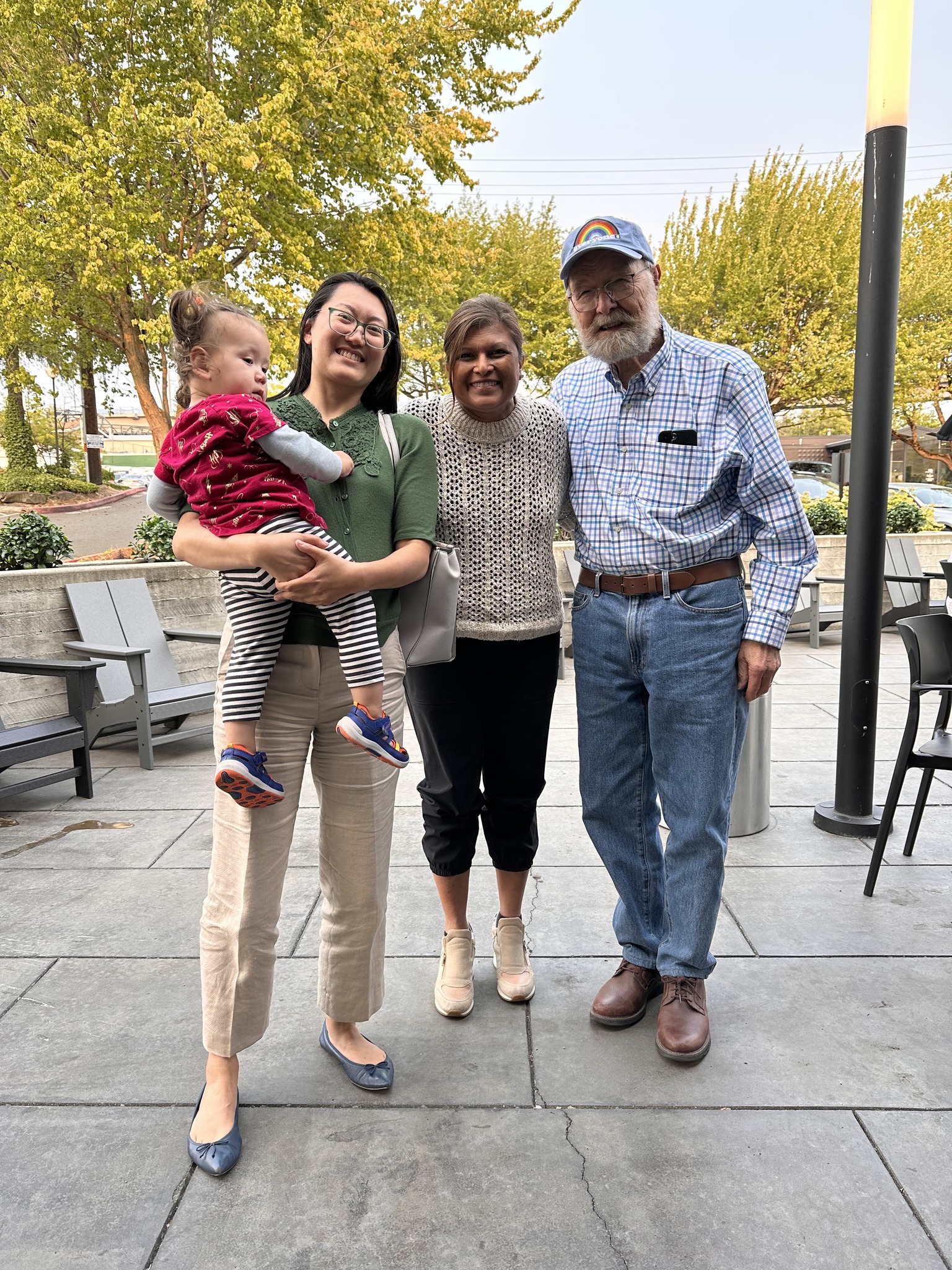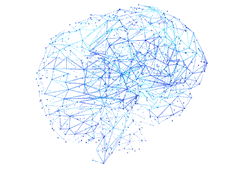Dear neighbors,
 September is already coming to an end and the next legislative session will be here in January! Fall is an important time for legislators to take inventory of community priorities, continue listening to you on the issues that matter most, and refine legislation for the upcoming legislative session. With only 60-days to conduct this work next session, your perspectives on issues and legislation can help improve our community.
September is already coming to an end and the next legislative session will be here in January! Fall is an important time for legislators to take inventory of community priorities, continue listening to you on the issues that matter most, and refine legislation for the upcoming legislative session. With only 60-days to conduct this work next session, your perspectives on issues and legislation can help improve our community.
To those of you who attended community conversations with me on August 9th and 23rd, your feedback was truly invaluable. For those who didn’t get a chance to attend, please consider filling out a 1-minute survey asking what issues you care the most about!
Upcoming Committee Tour in Spokane
First generation students, veterans, working adults, and rural students continue to remain underrepresented in higher education and post-secondary credential attainment. As Chair of the House Post Secondary Education and Workforce Development (PEW) Committee, I remain committed to supporting policies that help all communities achieve economic stability and shared prosperity.
Coming up this November, my colleagues and I will be heading to Spokane to meet with the Spokane Workforce Council, Spokane and Spokane Falls Community College, Eastern Washington University, Washington State University, and University of Washington. During our meetings, we will have the opportunity to see efforts to remedy vocational workforce shortages, increase access to affordable educational programs, and improve access to dental education and regional health partnerships. I look forward to sharing how those meetings go with you in November!
The Future of Artificial Intelligence

The use of Artificial Intelligence (AI) has become an increasingly popular topic in mainstream news, in Congress, and within our state legislature. According to a Washington Post article last week, congressional leaders noted that regulating artificial intelligence (AI) remains one of the largest policy challenges of our time. We know that AI has wide-reaching potential to streamline supply chains, advance healthcare research, promote economic growth, and address workforce shortages. Simultaneously, it has the potential to negatively impact mental health on social media, increase disinformation, and perpetuate algorithmic biases.
Earlier this summer, I chaired a PEW Artificial Intelligence Work Session to discuss AI’s impacts on the future of workforce development (a TVW review is available here). AI tools such as ChatGPT may pose a challenge for higher education institutions where students can generate nearly indistinguishable work for their classes. In our pursuit of ensuring a high quality post-secondary education for Washington, I believe this is an important conversation to have along with other AI concerns, and next year will be instrumental in moving closer to a regulatory framework that encourages AI use for critical and logical thinking.
While we anticipate federal action, our state must also act to fully understand this emerging technology and explore a regulatory framework of its own, considering the technological dependence of our economy, workforce, and communities.
Navigating Around SCOTUS Rulings
In July, Chair Emily Randall of the Senate Higher Education & Workforce Development Committee and I released a joint statement about the U.S. Supreme Court striking down affirmative action protections in college admissions and the U.S. Department of Education’s plan to forgive student loan debt. On October 10th, Chair Randall and I will be convening a roundtable of educational experts, legal scholars, and other stakeholders to consider innovative solutions aimed at eliminating barriers to opportunity imposed at the federal level. Please keep an eye out October 10th for a livestream to watch this event on my Facebook.
Student Loan Debt
Over the last three years, more than 700,000 Washingtonians have had $28.2 billion in outstanding federal student loans held in forbearance thanks to a COVID-19 forbearance program. As of the start of October, borrowers will be expected to resume payments due to the U.S. Supreme Court striking down the Department of Education’s loan forgiveness plan. This decision will impact homeownership rates and other major life purchases for many borrowers, while simultaneously reducing the amount of money people can save.
If you are a borrower of federal student loans, there is important information you should know about payments restarting, a new repayment plan option, and loan forgiveness pathways that can be accessed in this very helpful webinar.
Stay In Touch
Please continue to stay in touch by following my Facebook page or by sending me an email. Next month, I look forward to discussing student affordability, the work being done to expand access to the Washington College Grant, and the kick-off of the Washington Climate Corp Program. Thanks for all you do!
In Service,

State Representative Vandana Slatter

